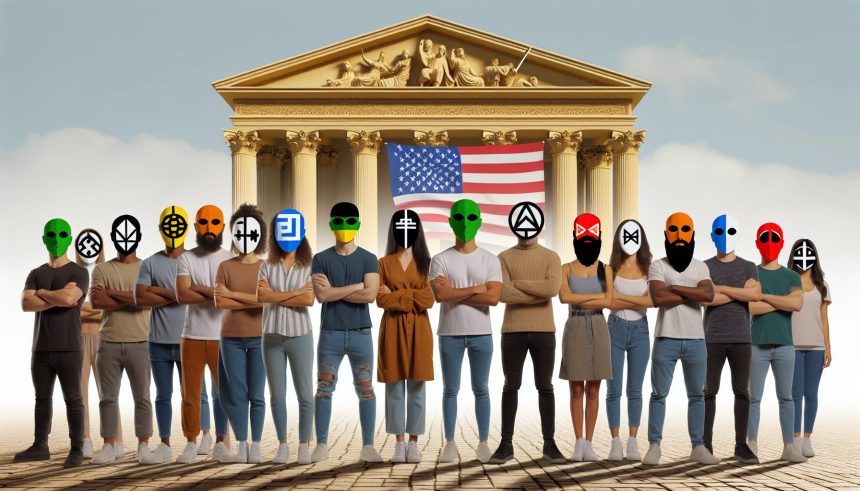TikTok users worldwide are uniting in an effort to prevent the popular app from being banned, particularly in the United States. The company is joining forces with these users – who are primarily young individuals who have carved out a community and found fame on the application. The core purpose of the protest is to emphasize the significance of TikTok as a platform for fostering creativity, promoting free speech, and igniting digital innovation.
The proposed U.S. legislation could jeopardize TikTok, owned by Chinese company ByteDance. The law would insist that ByteDance gives up control of the app or faces expulsion from U.S. app stores. Responding to these threats, users have launched numerous videos under #KeepTikTok, a movement initiated by TikTok’s CEO, Shou Zi Chew. This potential upheaval has thrown social media into a frenzy, with users rallying to prevent the ban despite worries that the app could pose a risk to national security.
To gather support, TikTok has made a plea to its entire network of creators. They’ve asked these creators to publicly share personal stories of how the app has positively impacted their lives, using the hashtag #KeepTikTok. The company is also encouraging users to speak with Congress about their opposition to the potential ban.
Prominent TikTok creator JT Laybourne, who boasts 1.7 million followers, highlighted the app as a significant source of income and warned that a ban could result in severe consequences for his family. He criticized lawmakers for underestimating the app’s value and reach, stressing their misunderstanding of the app’s wide-ranging impact, not simply as a social media platform, but as a global economic force. He concluded by urging informed policy decisions that consider not just national security, but the livelihood of millions of creators.
The potential ban arises from the Protecting Americans from Foreign Adversary Controlled Applications Act (PAFACAA). This act empowers federal intelligence agencies to identify social media apps as national security threats if they are linked to foreign adversaries. Once identified, the apps may be banned unless such connections are severed within 180 days.
Despite controversy over the issue, Representative Mike Gallagher defended the bill, arguing that changing TikTok’s ownership does not necessarily mean a ban. However, critics warn that the legislation could significantly disrupt TikTok, setting a dangerous precedent for other foreign-owned apps. Supporters of the bill see it as an essential step towards protecting national security.







